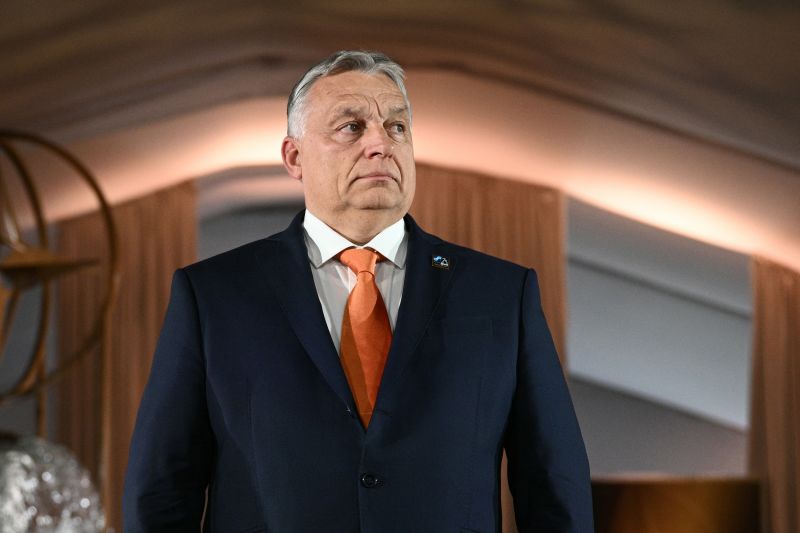
Orban: Russia Winning, West Losing – Hungary’s Leader Sounds Alarm
In a recent statement made by Hungarian Prime Minister Viktor Orban, he expressed his belief that Russia stands to benefit as Western powers lose their dominance on the global stage due to irrational decision-making. Orban’s comments shed light on the changing dynamics of international relations and geopolitics, raising questions about the future landscape of global power struggles.
Orban’s assessment of the situation reflects a growing sentiment among certain leaders and political analysts that the traditional power structures of the West are weakening due to internal divisions and external challenges. As the United States, European Union, and other Western nations grapple with political polarization, economic uncertainties, and strategic missteps, countries like Russia are poised to exploit these vulnerabilities to advance their own interests.
The Hungarian Prime Minister’s assertion that Russia will benefit from the West’s decline raises concerns about the potential consequences for global stability and security. Historically, geopolitical shifts and power vacuums have often led to increased competition, conflict, and instability as nations jockey for influence and control. If Orban’s predictions come to pass, we may see a more assertive and emboldened Russia exerting its influence in regions where Western powers have traditionally held sway.
Furthermore, Orban’s comments also highlight the need for Western nations to reassess their strategies and approaches to global challenges. Instead of being reactive and divided, there is a growing call for greater unity, cohesion, and foresight among Western powers to address the complex issues facing the international community. By taking a more proactive and coordinated stance, the West may be able to mitigate the risks posed by a resurgent Russia and other actors seeking to exploit power vacuums.
It is important to note that Orban’s statements, while provocative, underscore the shifting dynamics of global politics and the need for a nuanced understanding of emerging threats and opportunities. As the world navigates through a period of rapid change and uncertainty, leaders and policymakers must be vigilant in safeguarding the interests of their nations while also promoting cooperation and dialogue to address common challenges.
In conclusion, Viktor Orban’s assessment that Russia stands to benefit as the West loses power serves as a sobering reminder of the complex interplay of forces shaping the contemporary international system. By engaging in strategic foresight, coordinated action, and diplomatic engagement, Western nations can navigate through these turbulent times while upholding their values and interests on the global stage.
